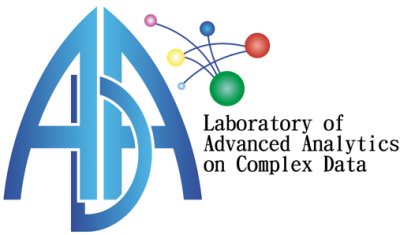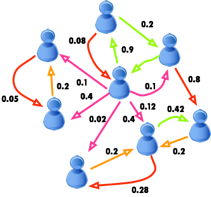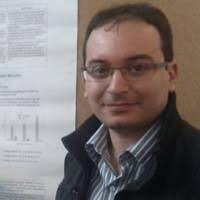
ADA Lab is located in Cosenza and conducts research in the area of Behavior Computing, a discipline aimed at modelling and analysing the behavior of heterogeneous entities in their environment. Behavior Computing is an important topic in different contexts including: consumer analytics, social computing, fraud detection, and group decision-making. The goal of ADA Lab in this context is twofold. First, defining mathematical models that allow to analyse, understand, and predict actions made by entities in their environment. ADA Lab devises novel techniques that can be applied on a broad spectrum of data models including graphs, trees, unstructured data, and sensor/stream data.
Second, turning these abstract models into computational models able to deal with the volume, variety and velocity of complex data. ADA Lab will devise efficient algorithms to be instantiated in scalable data processing solutions (e.g., Distributed/Parallel Systems, the Cloud) capable of handling Big Data.

Autonomous and self-aware Energy Management Systems
The main research themes investigated within the lab include: methods and techniques for formalizing and forecasting phenomena based on historical events; Methods to analyze/optimize organizational processes, based on data produced by activity tracing systems; Recommendation and information filtering, which extends the concept of Search via the modeling and understanding of user preferences; Methods for the analysis of Social network and Information Diffusion; Methods for parallel Computing and Big Data Management.

Social Network Analysis
The focus of these research themes is aimed at two main scenarios: Security and Complex Systems Analysis and Optimization. These scenarios are particularly relevant in application fields like Tourism, Smart Grids, Resource Management, Cybersecurity, Homeland Security, E-Commerce and Viral Marketing. The following figure summarizes the overall vision underlying the activities in the ADA Lab. ADA Lab expected results include the dissemination of research findings in high impact conferences and journals, the release of open source software libraries, and the possible filing of patents.











